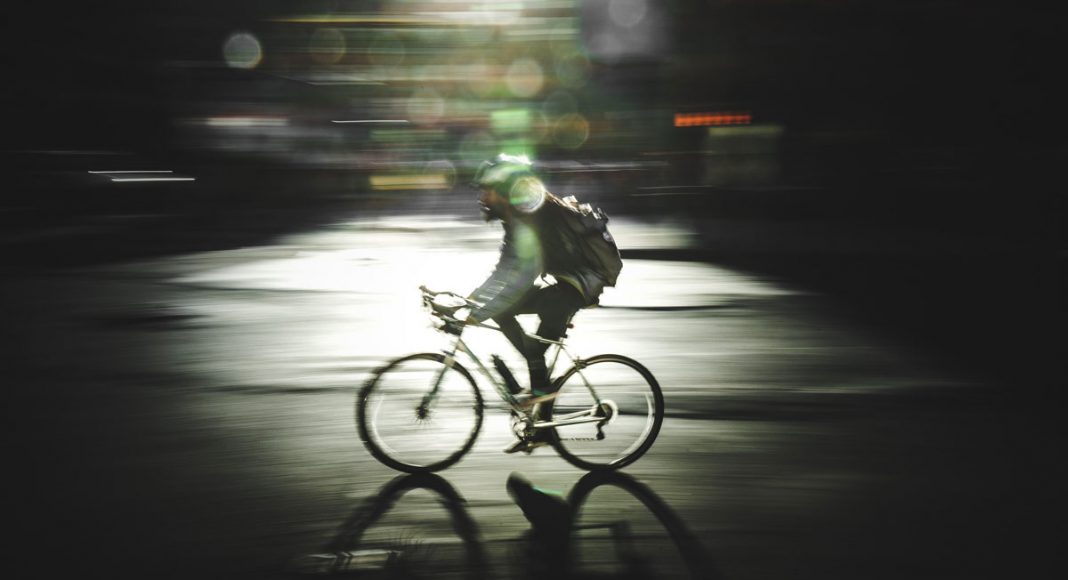When the California Bureau of Cannabis Control (BCC) first released its proposed medical cannabis regulations under the Medical Cannabis Regulation and Safety Act (MCRSA) last April, it created license types for laboratories, retailers, distributors, and transporters. Most people were surprised (and worried) when they found out that the MCRSA did not create a license type for cannabis delivery-only services. Under the MCRSA, only storefront medical retailers could deliver to a qualified patient or primary caregiver. Just like that, delivery services were about to be locked out of America’s biggest cannabis market.
As you can imagine, the BCC and state legislators were inundated with calls to their offices as well as comments at public hearings about the glaring omission of delivery licensure. Whether the BCC was going to rectify this mistake became moot upon the withdrawal of their emergency regulations. The regulations were withdrawn when the state legislature passed the Medical and Adult-Use Cannabis Regulation and Safety Act (MAUCRSA), which merged the MCRSA and the Adult-Use of Marijuana Act (AUMA) under one regulatory regime. We covered that here.
When the BCC issued their emergency regulations under MAUCRSA, it was clear that the Bureau learned its lesson: This time, the BCC included a license type for delivery-only services. For delivery services that were previously a part of a collective or cooperative, this inclusion in the new regulations was a much-needed lifeline. However, since the BCC started issuing temporary licenses in January it hasn’t exactly been a smooth road for delivery services. Delivery services have been facing the same major obstacle that all other cannabis businesses are dealing with: local jurisdictions.
In order to be eligible to receive a commercial cannabis license from the state, you must first obtain a cannabis permit from your local city or county. As readers of our California Cannabis Countdown series are well aware, each of the state’s 482 cities and 58 counties have their own regulations. For delivery services, this dual licensing structure can cause a number of impediments to both obtaining a license and then operating a successful cannabis business. First and foremost, a local jurisdiction can enact an outright ban on all commercial cannabis activities, including delivery. In other instances, local jurisdictions are either only authorizing storefront retailers to conduct deliveries or only allowing deliveries within their borders by local permit holders. All these obstacles, when combined, limit competition and choice and thereby ultimately harm the consumer. This is especially true of qualified patients that live in prohibitionist jurisdictions or aren’t able to drive themselves to the nearest dispensary.
-
Related Story: California Prohibits Drones From Delivering Marijuana
It is under this backdrop that State Senator Ricardo Lara (Senate District 33) introduced Senate Bill 1302 (SB 1302). The goal of SB 1302 is pretty simple: make sure every Californian that wants access to cannabis does in fact have access to cannabis (for many Californians growing their own isn’t a feasible option). The pertinent provision of SB 1302 is found in Section 26090(e):
“A local jurisdiction shall not prevent delivery of cannabis or cannabis products on public roads, or to an address that is located within the jurisdictional boundaries of the local jurisdiction, by a licensee who is acting in compliance with this division and who is acting in compliance with a license, permit, or other authorization obtained from another local jurisdiction, pursuant to the authority granted by that other local jurisdiction under Section 26200.”
SB 1302 is off to a slow start as it has yet to pickup any co-sponsors and has currently been referred to the Senate Governance and Finance Committee. Now would be a good time to let the Committee members know that you support SB 1302 and that they should too: You can find the Committee members here. SB 1302 would ensure that a licensed delivery service can provide cannabis anywhere in the state to a qualified patient, primary caregiver, or adult aged twenty-one and over. Although this would seem like a given after a majority of Californians voted for the AUMA, in practice the delivery option is far from reality. In that respect all SB 1302 is seeking to accomplish is to bring the spirit of the AUMA into practical effect. Let’s hope (don’t forget to call your legislators!) it succeeds.
Habib Bentleb is an attorney at Harris Bricken, a law firm with lawyers in Seattle, Portland, Los Angeles, San Francisco, Barcelona, and Beijing. This story was originally published on the Canna Law Blog.


